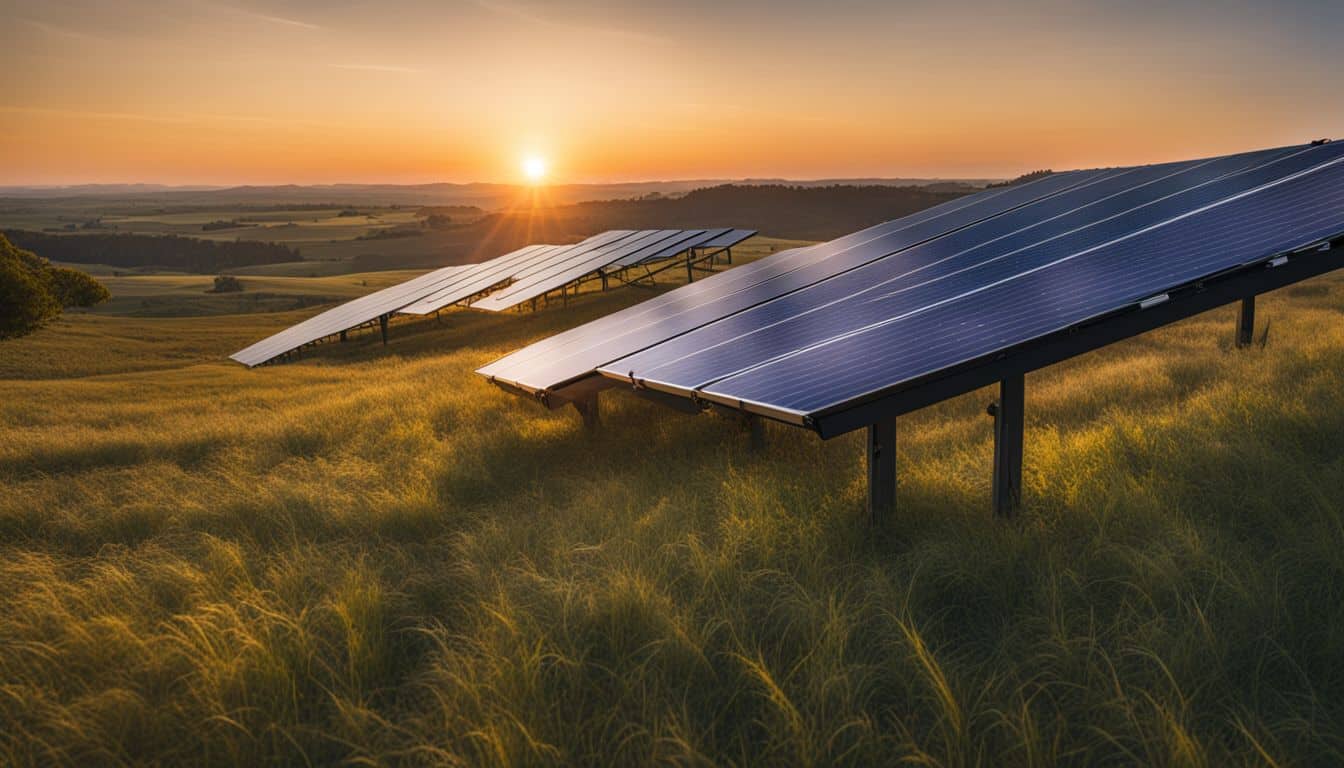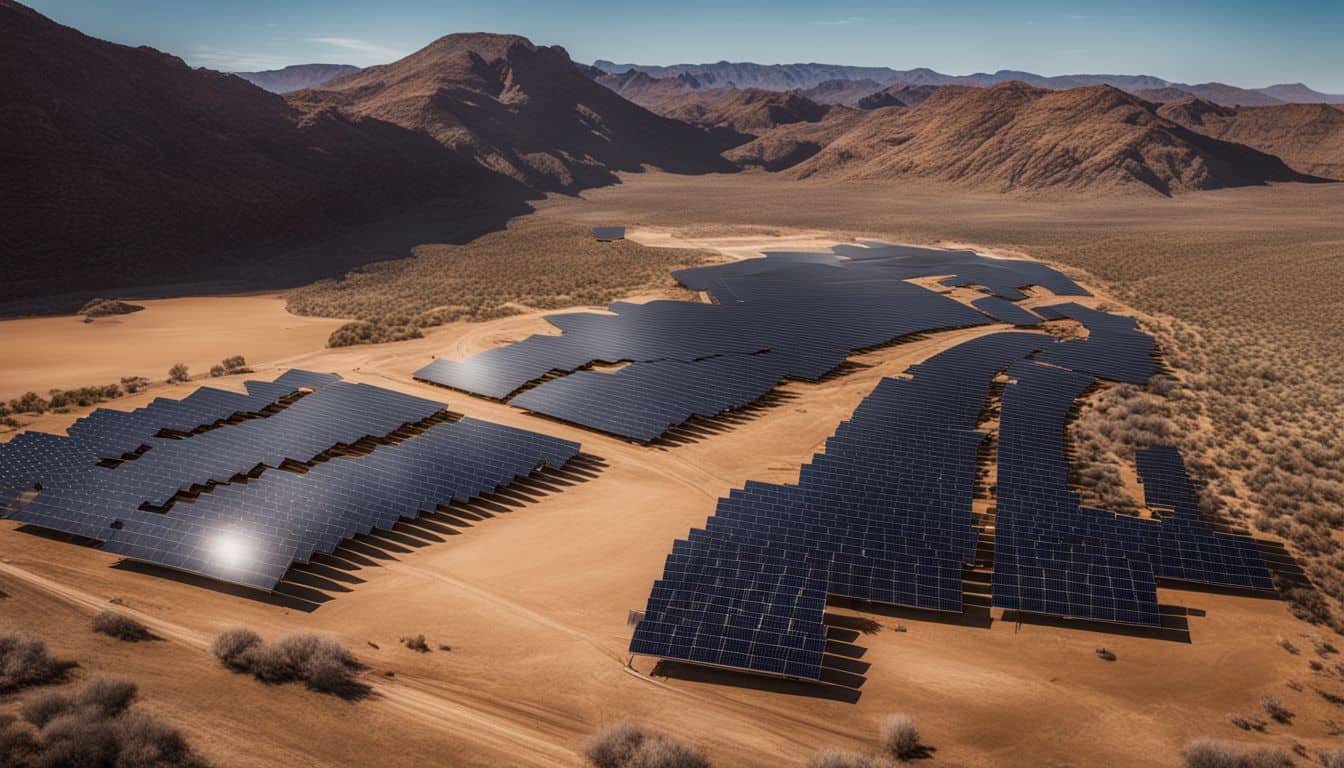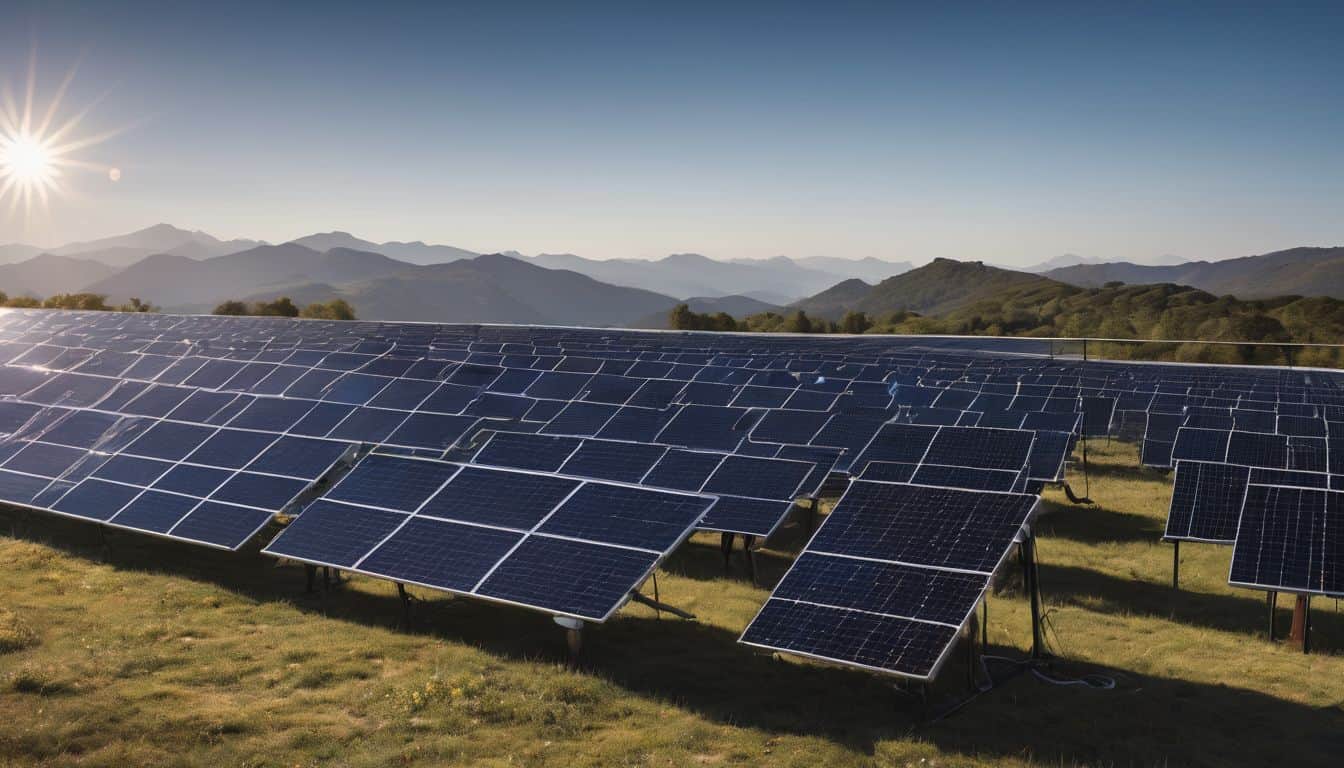Solar heating technology has become an increasingly popular choice for homeowners looking to reduce their energy costs and environmental impact. As the market for solar heating panels continues to grow, it’s crucial to understand the different types available and how to choose the best option for your specific needs. This comprehensive guide will walk you through the various types of solar heating panels, key factors to consider when selecting, and a comparison of top brands in the industry.
Types of Solar Heating Panels
To fully understand the options available, it’s important to familiarize yourself with how solar heating panels work. There are three main types of solar heating panels, each with its own set of advantages and disadvantages:
Flat Plate Collectors
Flat plate collectors are the most common type of solar heating panel. They consist of a dark, flat-plate absorber with a transparent cover and insulated backing. These panels are versatile and can be used for both water and space heating.
Advantages:
- Cost-effective, making them accessible to a wider range of homeowners
- Simple design and easy to maintain, reducing long-term ownership costs
- Perform well in warm climates, making them ideal for regions with abundant sunlight
- Can be integrated into roofing systems for a more aesthetically pleasing appearance
Disadvantages:
- Less efficient in cold climates due to higher heat loss
- Bulkier than other types, which may be a concern for homes with limited roof space
- May require additional insulation in colder regions to maintain efficiency
Evacuated Tube Collectors
Evacuated tube collectors use a series of glass tubes containing absorber plates. The space between the tubes is evacuated, providing excellent insulation and reducing heat loss.
Advantages:
- Higher efficiency, especially in cold climates, due to superior insulation
- Can reach higher temperatures than flat plate collectors, making them suitable for a wider range of applications
- More flexible installation options, as individual tubes can be oriented for optimal sun exposure
- Perform well in overcast conditions, making them a good choice for regions with variable weather
Disadvantages:
- More expensive than flat plate collectors, which may increase initial investment costs
- More fragile and potentially higher maintenance costs due to the complexity of the tube system
- May be overkill for regions with consistently warm climates
Concentrating Collectors
Concentrating collectors use mirrors or lenses to focus sunlight on smaller absorber areas. These are typically used in large-scale applications or for high-temperature industrial processes.
Advantages:
- Can achieve very high temperatures, making them suitable for industrial applications
- Efficient for specific high-temperature applications, such as steam generation
- Can be used in large-scale solar thermal power plants
Disadvantages:
- More complex and expensive, limiting their use in residential settings
- Require direct sunlight and tracking systems, which adds to complexity and cost
- Not typically used for residential applications due to their size and complexity
- May have higher maintenance requirements due to moving parts in tracking systems
Key Factors to Consider When Comparing Panels
When evaluating solar heating panels, consider the following factors:
- Efficiency: Higher efficiency panels produce more energy from the same amount of sunlight. This is particularly important if you have limited roof space.
- Cost: Initial investment vs. long-term savings. While more efficient panels may cost more upfront, they can lead to greater savings over time.
- Durability and lifespan: Look for panels with robust construction and long warranties. Most quality panels come with 20-25 year warranties.
- Temperature coefficient: Indicates how well the panel performs in high temperatures. A lower temperature coefficient means better performance in hot conditions.
- Size and power output: Ensure the panels fit your available space and meet your energy needs. When sizing your system, consider your current and future energy requirements.
- Brand reputation: Research the manufacturer’s quality and customer service track record.
- Local climate: Some panel types perform better in certain climates. Consider your local weather patterns when choosing.

Top Solar Panel Brands
The solar panel market is competitive, with several brands offering high-quality products. Here’s a breakdown of some top premium and value brands:
Premium Brands
- Panasonic: Known for high efficiency and excellent temperature coefficient. Their HIT panels are particularly well-regarded for their performance in high-temperature conditions.
- LG: Offers a strong warranty and high-performance panels. Their NeON series is known for its sleek design and high efficiency.
- SunPower: Produces some of the most efficient panels on the market, with their Maxeon series leading the industry in efficiency ratings.
Value Brands
- Canadian Solar: Provides a good balance of quality and affordability. Their BiKu bifacial modules offer increased energy yield at a competitive price point.
- Q CELLS: Offers reliable performance at a competitive price point. Their Q.PEAK DUO series provides high efficiency at a more accessible price.
- Trina Solar: Known for innovation and cost-effectiveness. Their Vertex series pushes the boundaries of module power output.
Comparing Brand Performance
When comparing brands, consider these key performance indicators:
- Efficiency ratings: Top brands offer efficiencies ranging from 19% to over 22%. SunPower currently leads with panels exceeding 22% efficiency.
- Temperature coefficient: Look for lower negative values, typically between -0.3% to -0.5% per degree Celsius. Panasonic and SunPower excel in this area.
- Warranty terms: Premium brands often offer 25-year product and performance warranties. Some, like SunPower, even offer 25-year comprehensive warranties covering product, performance, and labor.
- Cost-effectiveness: Balance the initial cost with long-term energy savings and panel lifespan. While premium brands have higher upfront costs, their superior performance and warranties can provide better long-term value.
- Degradation rates: Look for panels with low annual degradation rates, typically around 0.5% or less. This ensures better performance over the system’s lifetime.
Choosing the Right Panel for Your Needs
Selecting the ideal solar heating panel involves:
- Assessing your energy requirements: Calculate your current energy usage and factor in potential future increases.
- Considering your climate and location: Panels perform differently based on temperature and sunlight availability. Choose a panel type that suits your local conditions.
- Balancing cost and performance: While high-efficiency panels cost more upfront, they may provide better long-term savings, especially if roof space is limited.
- Evaluating your roof: When selecting panels, consider the size, shape, and orientation of your roof. Some types may be more suitable for certain roof configurations.
For a deeper dive into making the right choice, check out our guide on mastering solar heating panels for homeowners.
Installation and Maintenance Considerations
While DIY installation may seem tempting, professional installation is often recommended to ensure optimal performance and safety. Professional installers can:
- Properly assess your roof’s structural integrity
- Ensure correct panel orientation and tilt for maximum efficiency
- Handle complex electrical work safely and in compliance with local codes
- Assist with permitting and utility interconnection processes
Ongoing maintenance is generally minimal but includes:
- Regular cleaning to remove dirt and debris that can reduce efficiency
- Occasional inspections to check for any damage or loose connections
- Monitoring system performance to quickly identify and address any issues
Future Trends in Solar Heating Panel Technology
The solar industry is constantly evolving, with emerging technologies promising improved efficiency and reduced costs. Keep an eye on advancements such as:
- Bifacial panels: These can capture sunlight from both sides, increasing energy production.
- Perovskite solar cells: This new technology has the potential to dramatically increase efficiency while reducing production costs.
- Building-integrated photovoltaics (BIPV): Solar cells integrated directly into building materials, improving aesthetics and functionality.
- Smart solar panels: Panels with built-in microinverters or optimizers for improved performance and monitoring capabilities.
These innovations could significantly impact the solar heating market in the coming years, potentially offering even greater benefits to homeowners.

Conclusion
While this guide provides a comprehensive overview, solar technology is rapidly evolving. It’s always a good idea to consult with solar professionals and obtain multiple quotes before making your final decision. They can provide up-to-date information on the latest products and help you design a system that perfectly matches your energy needs and budget.
Choosing the right solar heating panel requires careful consideration of various factors, including panel type, brand performance, and your specific needs. By investing time in research and leveraging expert advice, you can ensure that your solar heating panel investment will provide efficient, reliable, and cost-effective energy for years to come, contributing to both personal savings and a more sustainable future.
FAQS
What are the main types of solar panels available for residential use?
There are three primary types of solar panels used for home solar heating systems:
- Monocrystalline panels are made from a single crystal of silicon and offer the highest efficiency, but also come with a higher price tag
- Polycrystalline panels are composed of multiple silicon crystals and provide a balance of good efficiency and affordability
- Thin-film panels are made by depositing thin layers of photovoltaic material onto a substrate, and while less efficient, they can be more flexible and cost-effective
Which solar panel brands offer the highest efficiency?
Several top solar panel brands stand out for their impressive efficiency ratings:
- SunPower leads the pack with panels boasting 22.6% efficiency, making them a top choice for maximizing energy production
- Panasonic and Canadian Solar also offer high-efficiency panels with ratings above 22%
- Other notable brands with efficient panels include LG, Silfab, and Solaria
How do solar panel warranties and durability compare between brands?
Solar panel durability and warranty coverage vary by manufacturer, so it’s important to compare:
- Many top brands, such as SunPower and LG, offer robust 25-year product and performance warranties
- Some manufacturers provide additional guarantees, like SunPower’s 25-year coverage for labor and shipping costs
- Look for panels with strong durability ratings, such as high wind and snow load capacities, to ensure long-term performance
What factors should I consider when choosing solar panels for my home?
When selecting the best solar panels for your residential solar heating system, consider the following:
- Your budget and the balance between upfront cost and long-term efficiency savings
- The available space on your roof and the number of panels needed to meet your energy needs
- The climate and weather patterns in your area, which can impact panel performance
- The reputation, warranty, and customer support offered by different solar panel brands
How can I make solar panels more affordable for my home?
There are several ways to make solar panels more cost-effective for your residential solar heating setup:
- Take advantage of federal tax credits, which can significantly reduce the upfront cost of your solar panel system
- Research state and local incentives, such as rebates and grants, that can further offset expenses
- Compare financing options, like solar loans and leases, which can make going solar more budget-friendly
- Consider the long-term energy savings and potential increase in home value that solar panels can provide

Leave a Reply